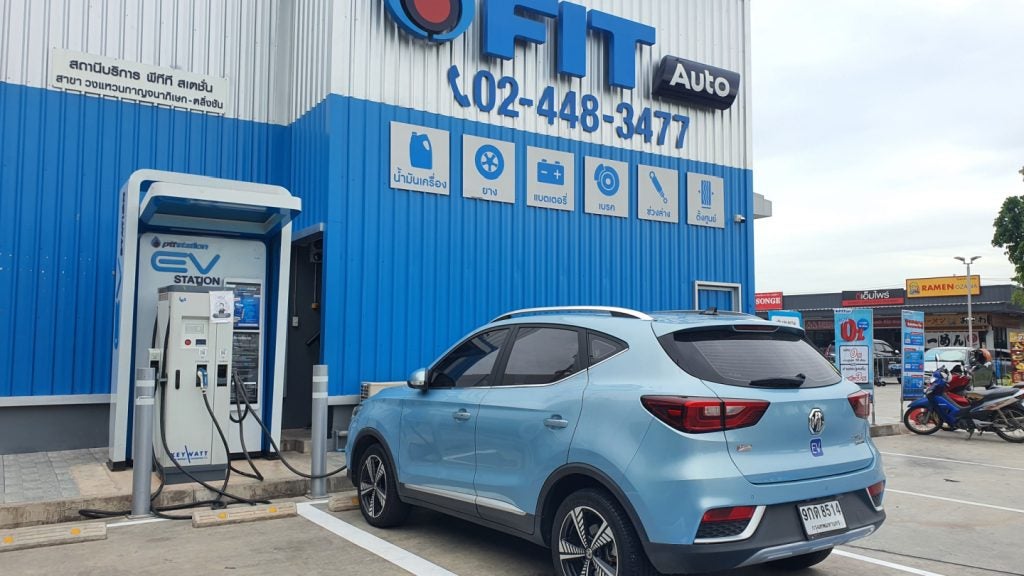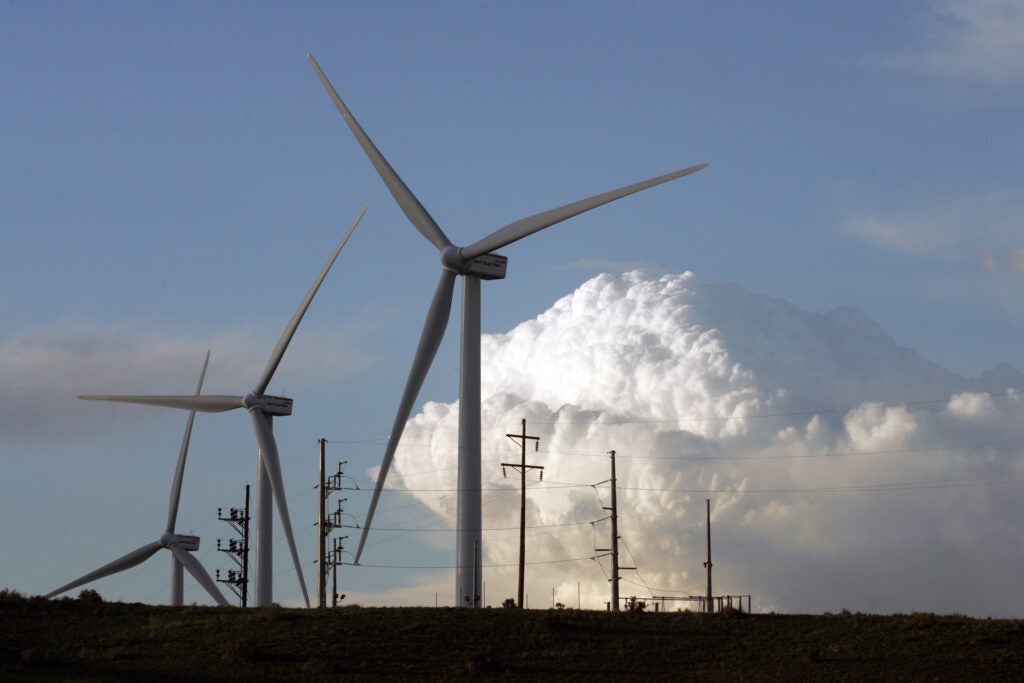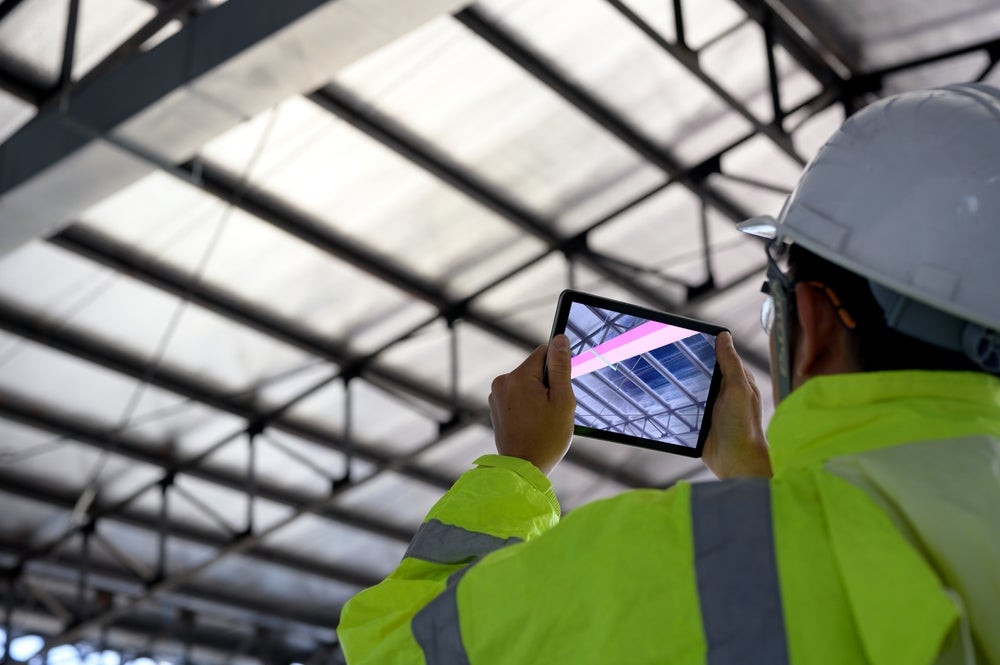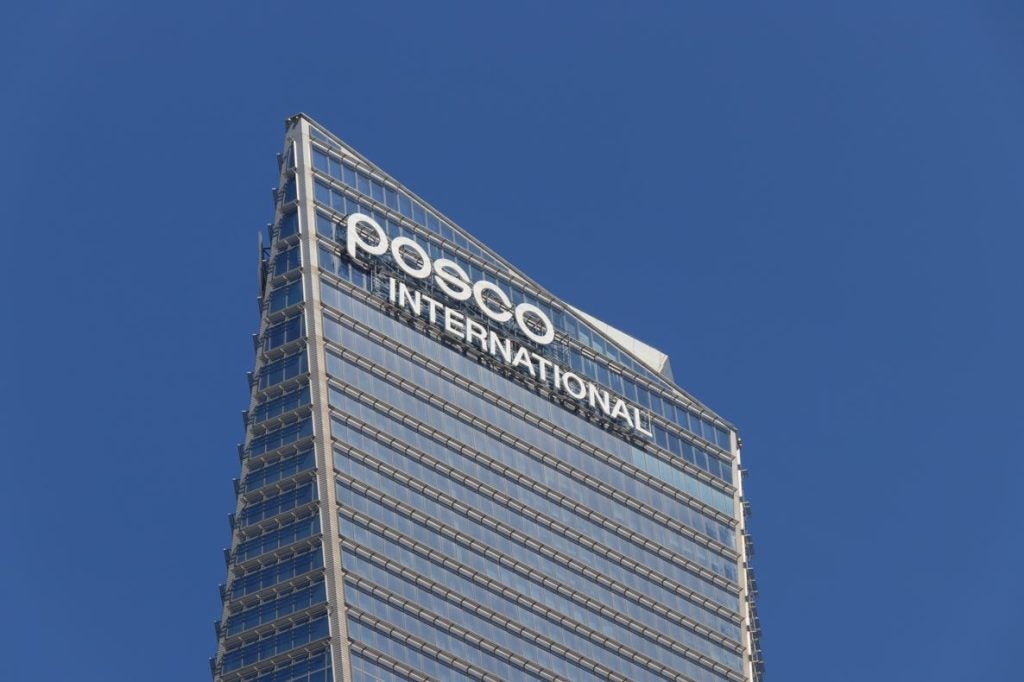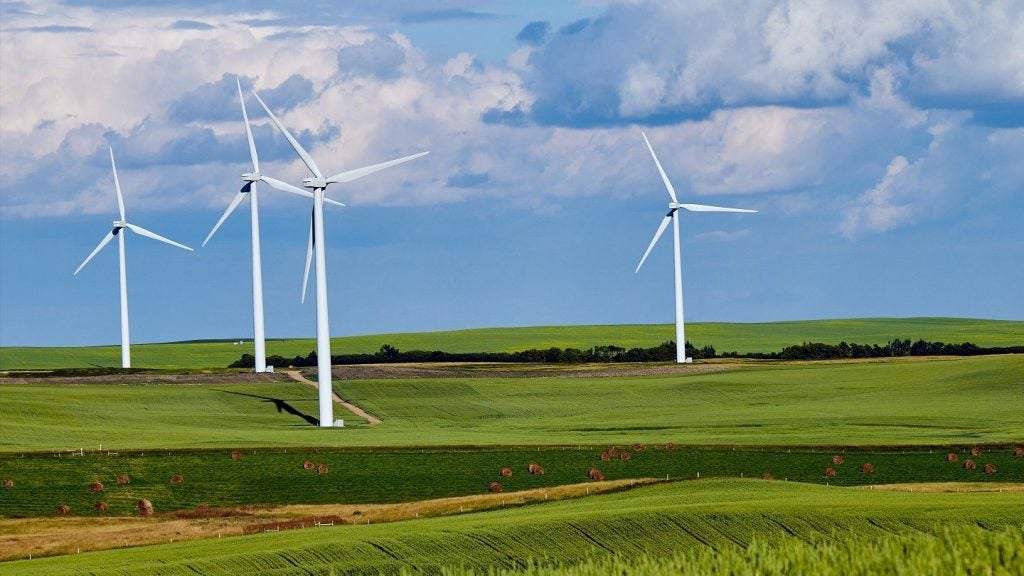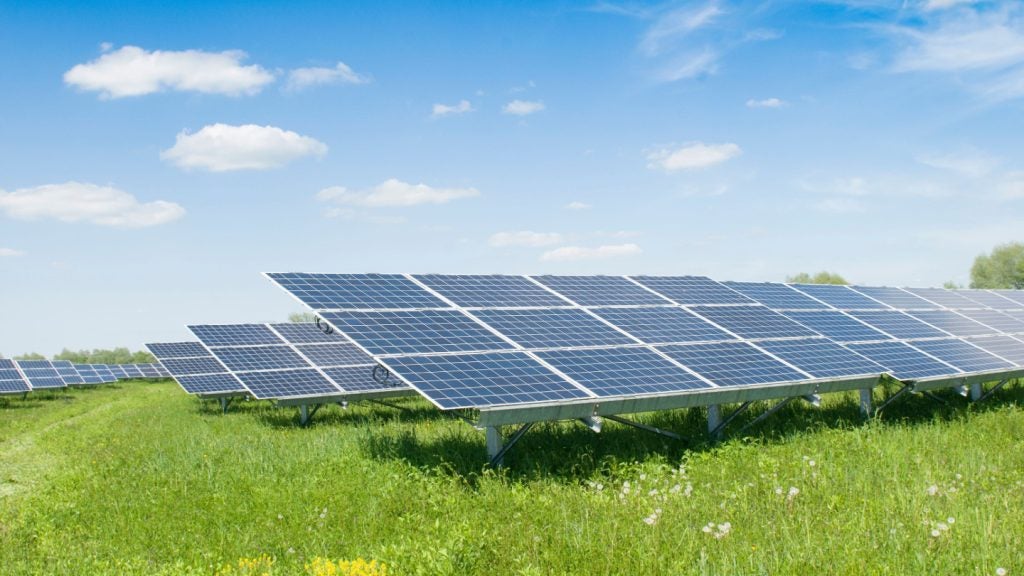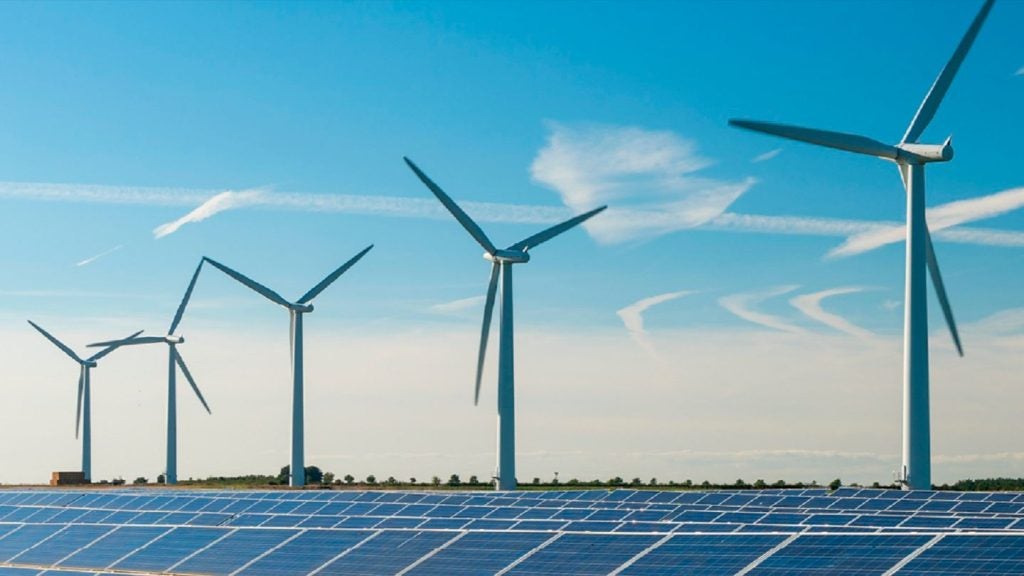The electric vehicles (EVs) industry has evolved rapidly over recent years, leading to an increasingly competitive market with many players.
The industry has attracted a diverse mix of businesses such as automobile, manufacturing, and more technology-focused companies.
Foxconn, the well-known Taiwanese manufacturer of iPhones for Apple Inc, is aiming to start manufacturing EVs in India. Despite the existing competition in the
EV market, there is still a massive opportunity in the space according to Foxconn’s chairman Young Lin. The company plans to make major investments to expand its production capacity to position itself for future growth in the market and is reportedly in talks with several state governments in this regard. It plans to build a vertical platform—that will include manufacturing, hardware, battery management, and components—and is likely to partner with local firms.
Foxconn’s diversification into EVs and India
Foxconn’s entry into the EV space brings several advantages. The company has extensive experience in large-scale manufacturing and operational efficiency, which could contribute to the cost-effective production of EV components and vehicles, making them accessible to a broader range of customers.
Establishing an EV factory in India would promote local manufacturing, but it is still unclear whether Foxconn would do contract manufacturing for multiple brands or a single one through a joint venture.
The factory will be located in the Indian state of Karnataka and can produce one million electric vehicles annually. The plant will initially focus mostly on producing electric vehicles with two wheels, but later on, it may be able to produce electric vehicles with four wheels.
India should see several significant benefits from Foxconn’s EV factory including the creation of a significant number of jobs, technology transfer skill development, and collaboration with local stakeholders.
Will it impact China’s production?
Although Foxconn’s main manufacturing base has been in China, it has recently begun to expand both geographically and in terms of the type of products. The establishment of its EV factory in India would not necessarily directly impact its commitment to China.
However, it will help to stimulate the overall growth and development of the EV market. In the coming year, Foxconn will further invest in its R&D, design, and manufacturing capabilities for EVs and their components, allowing the company to develop new concept cars and promote the progress toward the mass production of electric vehicles. India is likely to rank highly in Foxconn’s expansion and diversification plans given the current state of US-China tensions.
